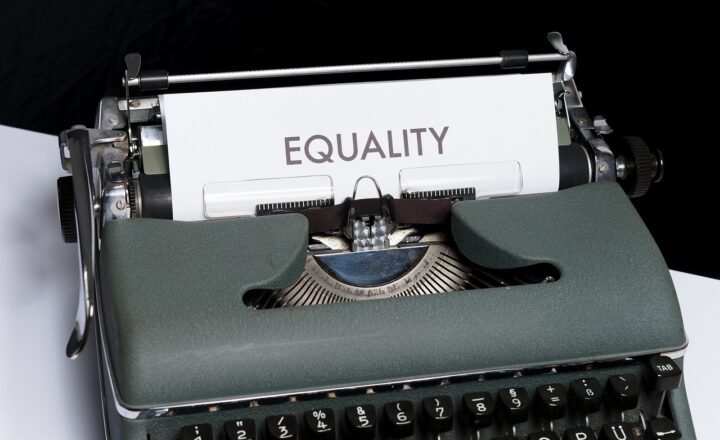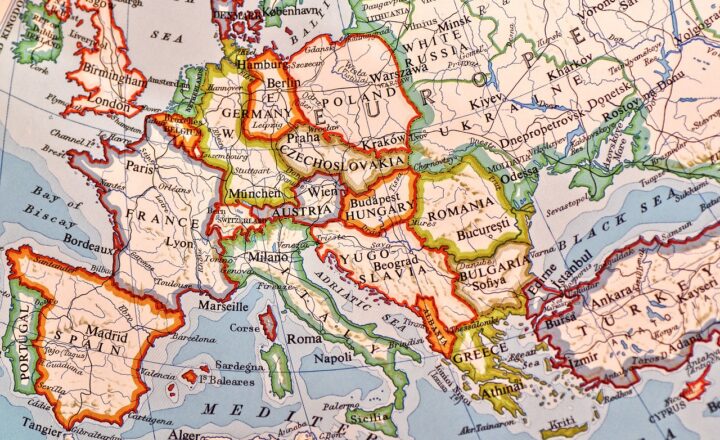The Role of Historical Treaties in Defining Modern Political Relationships
November 16, 2024

Throughout history, treaties have played a significant role in establishing, regulating, and altering the relationships between nations. These written agreements often serve as the foundation for political alliances, economic relationships, and sociocultural exchanges. By examining major historical treaties, their impacts on modern political relationships can be better understood.
1. Understanding Treaties and Their Purpose
A treaty is a formal and legally-binding agreement between two or more sovereign states. Treaties can cover a wide range of issues, including peace, trade, alliances, territorial changes, and more. The primary purpose of these agreements is to promote peace and stability, minimize conflicts, and enhance global cooperation. As we delve into the significance of historical treaties, we can identify patterns and consequences that shape today’s political frameworks.
2. Key Historical Treaties and Their Impacts
Numerous treaties throughout history have significantly influenced the politics of nations. Here we explore a few pivotal examples:
- Treaty of Westphalia (1648): This treaty, which concluded the Thirty Years’ War, is often cited as foundational in establishing the concept of state sovereignty in Europe. It marked the beginning of the modern state system, emphasizing the importance of non-interference in the internal affairs of sovereign states. The principles enshrined in this treaty laid the groundwork for modern international relations and diplomatic protocols.
- Treaty of Utrecht (1713): This treaty ended the War of Spanish Succession and redrew the map of Europe. It established a balance of power principle that prevented any single nation from becoming too dominant, impacting future diplomatic relations and shaping alliances. The Treaty of Utrecht still resonates in today’s balance of power politics, especially in NATO and the United Nations.
- Treaty of Paris (1783): The Treaty of Paris officially ended the American Revolutionary War, establishing the sovereignty of the United States. This treaty initiated a new era of political relationships based on democratic principles, influencing numerous independence movements and the establishment of republics worldwide, demonstrating how treaties can resonate through centuries.
- Treaty of Versailles (1919): Formally ending World War I, this treaty imposed significant reparations on Germany and established the League of Nations. While intended to create lasting peace, the conditions of the treaty sowed the seeds for future conflict and the rise of extremist political ideologies. This demonstrates how the repercussions of a treaty can last for generations, morphing into new diplomatic challenges and conflicts today.
- NATO Treaty (1949): Established during the Cold War, this military alliance fundamentally altered political alliances, serving as a deterrent against Soviet expansion. The principles of collective defense within the treaty continuously influence security policies engaged in modern international relations, demonstrating the long-lasting impact of treaties on global governance and inter-state relations.
3. The Evolution of Treaties in Modern Politics
Modern political relationships are often shaped by a myriad of treaties, ranging from trade agreements to environmental accords. The process of treaty-making has evolved significantly, driven by globalization and interdependence.
- Bilateral versus Multilateral Treaties: Today, countries engage in both bilateral (between two countries) and multilateral treaties (involving multiple countries) to address global challenges. Agreements like the Paris Agreement (2015) on climate change are examples of multilateral efforts to tackle issues that transcend national boundaries, promoting cooperation among nations in an increasingly interconnected world.
- Trade Treaties and Economic Partnerships: The rise of economic treaties, such as the North American Free Trade Agreement (NAFTA) and the Trans-Pacific Partnership (TPP), has redefined international economic relations. These agreements facilitate free trade and investment, highlighting how economic cooperation can be a driving force behind political relationships today.
- Technological and Digital Treaties: As technology progresses, new treaties are being created to address regulations around cyber security, data privacy, and intellectual property rights. These modern challenges require nations to craft agreements that are relevant in the global digital economy, revealing the adaptability of treaties to contemporary issues.
4. Challenges in Treaty Implementation
While treaties play a crucial role in shaping modern political relationships, their implementation can be fraught with challenges:
- Compliance and Enforcement: Nations may have differing interpretations of treaty obligations, leading to disputes. Moreover, the lack of a centralized enforcement mechanism can result in non-compliance without repercussions, undermining the treaty’s initial intentions.
- Changing Political Landscapes: As governments change, so do their priorities and international commitments. A new administration may decide to withdraw from or renegotiate treaties, as seen in the case of the United States’ withdrawal from the Iran Nuclear Deal in 2018. Such shifts can create instability in diplomatic relations and signal to other nations the unpredictability of international agreements.
- Comparative Power Dynamics: Treaties can also reflect the power dynamics between nations. Weaker nations may feel pressured to sign agreements that favor more powerful states, leading to unequal relationships. Such disparities raise questions about fairness and equity in international relations and can breed tension and mistrust.
5. Conclusion: The Enduring Legacy of Treaties
Historical treaties have a profound impact on modern political relationships, shaping governance, alliances, and conflicts globally. Understanding the historical context and evolution of these agreements can provide insight into current international issues and the dynamics of power in today’s world.
As the global landscape continues to shift, nations must adapt their diplomatic strategies, recognizing treaties as tools for fostering cooperation, stability, and peace. In a world connected more than ever, the legacy of historical treaties will undoubtedly continue to influence international relations for generations.
By critically engaging with historical treaties, modern leaders can foster an environment of diplomacy that respects historical lessons while addressing contemporary issues, ensuring a more harmonious global community.







